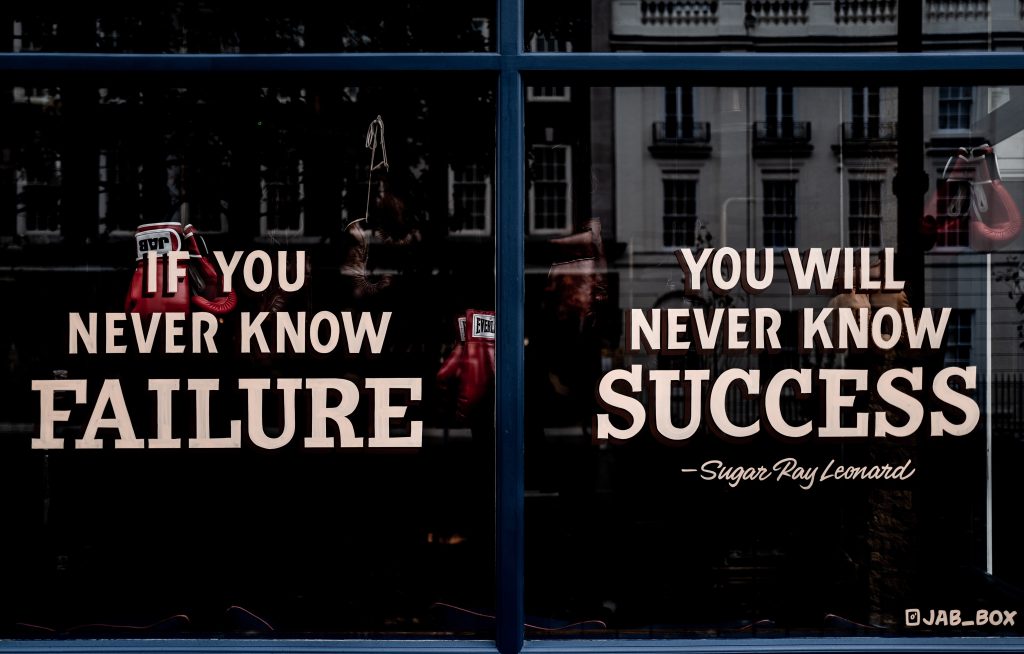
Why career planning is important for success?
Introduction
To achieve your long-term goals, the importance of career planning cannot be undermined. Career planning is the process of identifying your interests, skills, values, and goals and then creating a roadmap for achieving them. When you start your career you will be frequently attracted to change jobs. It is easy for you to find new jobs, with a salary raise in your early career. This may be a good strategy in the short run but will not help you achieve your long-term career goals.
It is a critical component of success as it helps you to align your career path with your personal goals and aspirations. I will try to highlight why career planning is important and provide practical tips on how to develop a career plan to achieve success.
Understanding Career Planning
Career planning is a lifelong process. It involves setting career goals, assessing your skills and interests, identifying job opportunities, and evaluating progress. You should plan your career just like an entrepreneur plans for their business. Assume you are an entrepreneur who is selling his services.
Set your career goals, define your ideal career path, and determine the steps necessary to achieve them. As an entrepreneur selling his skill, it’s pertinent you assess your skills and interests. Identify the gaps and acquire new skills and improve your existing skills which are relevant in the job market. It will help you to identify your strengths and areas for improvement.
Identifying job opportunities involves researching different careers, industries, and employers to find the best fit for your skills and interests. To stay on track keep evaluating your progress and adjust your plans, and keep improving your skill set.
It will help you to increase your earning potential by enabling you to choose a career that aligns with your skills and interests. With proper planning and implementation of your career, you will be ready for new opportunities for growth and advancement.
How to Develop a Career Plan
No plan can be developed in isolation. For creating a career plan you need to gather information about yourself and available career options. Taking stock of your skills, interests, and values. Exploring different careers, industries, and employers to find the best fit for your skills and interests. Develop a career plan keeping in view the lifestyle you desire and the life you wish to lead. Consider if you love to travel around or like to sit behind a desk and run numbers. You may have more creative interests. Match your interests with the job profile to develop your career plan.
An essential part of creating a career plan involves setting SMART goals (specific, measurable, attainable, relevant, and time-bound). Followed by action steps to achieve your career goals.

Overcoming Barriers to Career Planning
No matter thorough you’re in your career planning, there will be many barriers and unseen circumstances that can prevent you from achieving your career goals. These barriers may be personal factors or external factors. Personal factors include time constraints, lack of information or resources, or skills, fear of failure, and staying committed to the plan. External factors may include economic conditions, changes in technology, or business. To overcome these barriers, it is important to prioritize career planning and make it a part of your routine. You can also seek support from mentors, family, and friends to help you stay on track.
Conclusion
In conclusion, career planning is a critical component of success that helps you to align your career path with your personal goals and aspirations. By setting career goals, assessing your skills and interests, identifying job opportunities, and evaluating progress, you can achieve greater self-awareness, career satisfaction, increased earning potential, and better work-life balance. To overcome barriers to career planning, prioritize the process and seek support from others. Remember that the importance of career planning does not erode with time. It sis a continuous process and lifelong process. You will need to adjust your career plan as per the stage of your career. Your skill to make money is an important skill and it requires consistent degradation to be relevant in the job market.